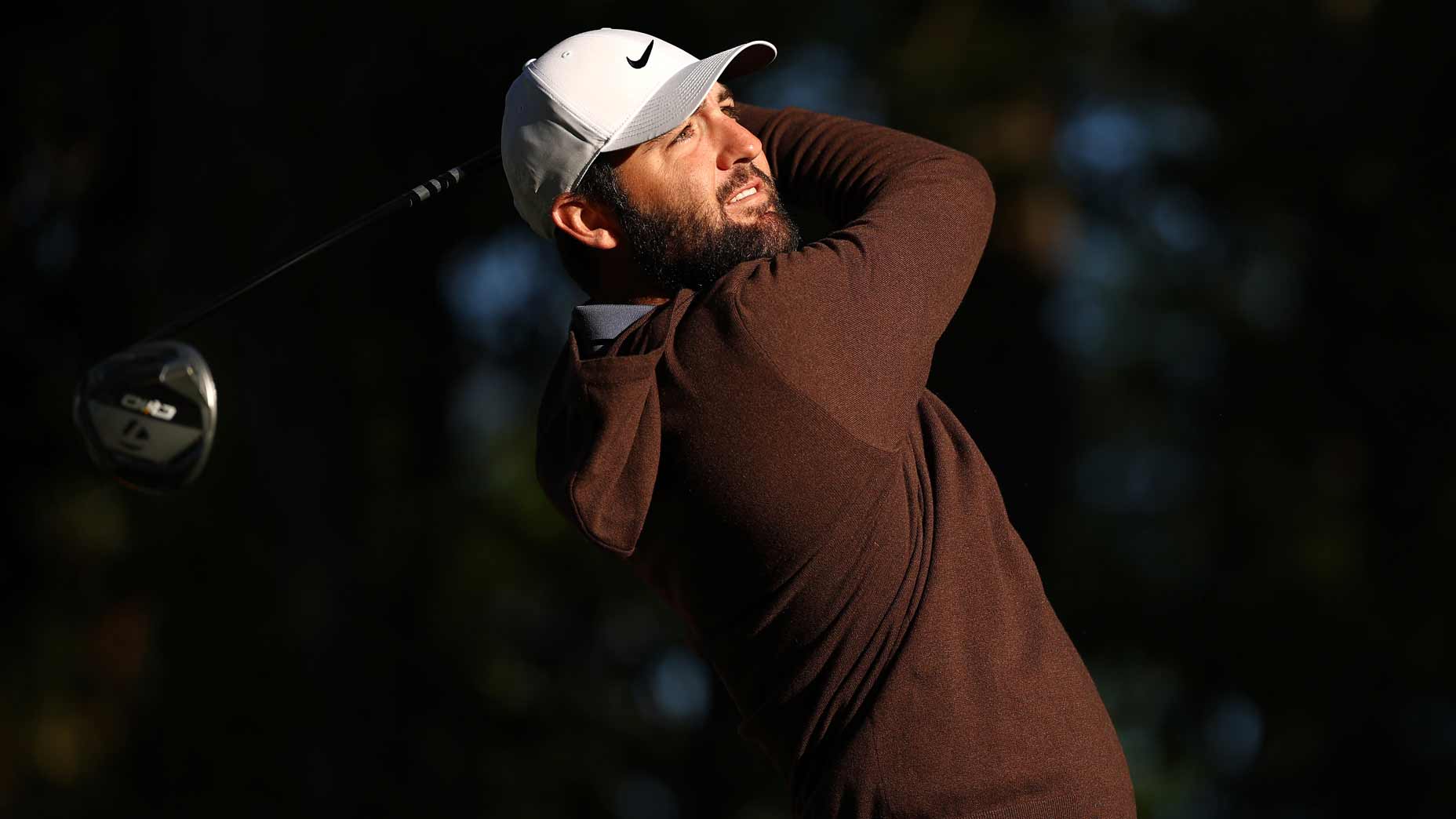 2025 RBC Heritage Friday TV coverage: How to watch Round 2
2025 RBC Heritage Friday TV coverage: How to watch Round 2
6 ways to improve when you have no time to practice, according to low handicaps

It’s not always easy to keep the game sharp in the offseason, but it’s not impossible. At least according to some of GOLF’s resident low-handicaps, who are here to offer some helpful advice, golfer-to-golfer.
1. Improve Your Attitude
Dylan Dethier (+3.3 handicap): If you’re teeing it up without practicing, focus on your attitude and your decision-making. Set reasonable expectations; you’re probably not going to achieve peak performance rolling from the office to the first tee. When you’re wondering what shot to play, choose the very simplest option. And stay positive! Optimism can lead to confidence in a hurry.
2. Focus On Fundamentals
Luke Kerr-Dineen (2.2 handicap): The absolute worst thing you can do when you don’t have a lot of time to practice — and trust me on this, because I’ve learned the hard way — is not to make any big changes to your swing. If you’re trying to work on your lower body sequencing without giving it time to bed in, forget not improving. You’ll struggle to make any semblance of solid contact Instead, resolve to nail down the fundamentals. Grip, Ball Position, Posture, Stance; watch them like a hawk, and make minor tweaks. You’ll find the better your fundamentals, the better your swing gets, too.
3. Figure It Out On The Course
Josh Sens (2.5 handicap): I’m probably the wrong guy to ask as I pretty much never practice. If I have time to practice, I’d rather sneak out and play a few holes. But I’ll go back to stretching on this one. Now that I’m well into Champions Tour-eligible age, it’s more crucial than ever. Hips, hamstrings, lower back. If I don’t stretch them regularly, I have no hope of staying with a shot.
4. Stay Positive
Ashley Mayo (3.1 handicap): The power of positive thought is immense! Seriously, let’s say you did have time to practice two hours per day, five days per week. That still leaves you with 158 hours per week that you’re not practicing, which is a ridiculous amount of time. If you think positively and speak nicely to yourself about your own game while you’re away from the course, you’ll be amazed by how impactful those thoughts will be when it’s (finally!) time to head to the first tee.
ADVERTISEMENT

5. Prioritize Our Hand Eye Coordination
Joe Summa (4.9 handicap): The busy golfer! The person who glares out the window, sitting at their desk wishing they were on the range improving their chance to play in the next year’s Masters tournament. Unfortunately for the vast majority of golfers, there isn’t enough time in the day to get the practice your game desires. A few tips on how to keep your game improving from any location; instruction golf videos, putting to a cup in the office or at home. My personal favorite, hitting plastic balls around my basement, creating mini par threes around obstacles keeping your hand-eye coordination at its peak. There is always something to learn on the game of golf!
6. Adjust Your Expectations
Emily Haas (8.4 handicap): I moved to New York City right after college and I’ve found it nearly impossible to carve out a significant amount of time to practice. I think I’ve managed to maintain, and even improve, my game by changing my mentality. Golf never feels like a chore anymore and every time I play, whether I’m playing well or not, I’m happy to be out there. I used to put a ton of pressure on myself when I practiced and played, which ultimately hurt my game. I think a positive attitude can do wonders for the golf game.
ADVERTISEMENT






